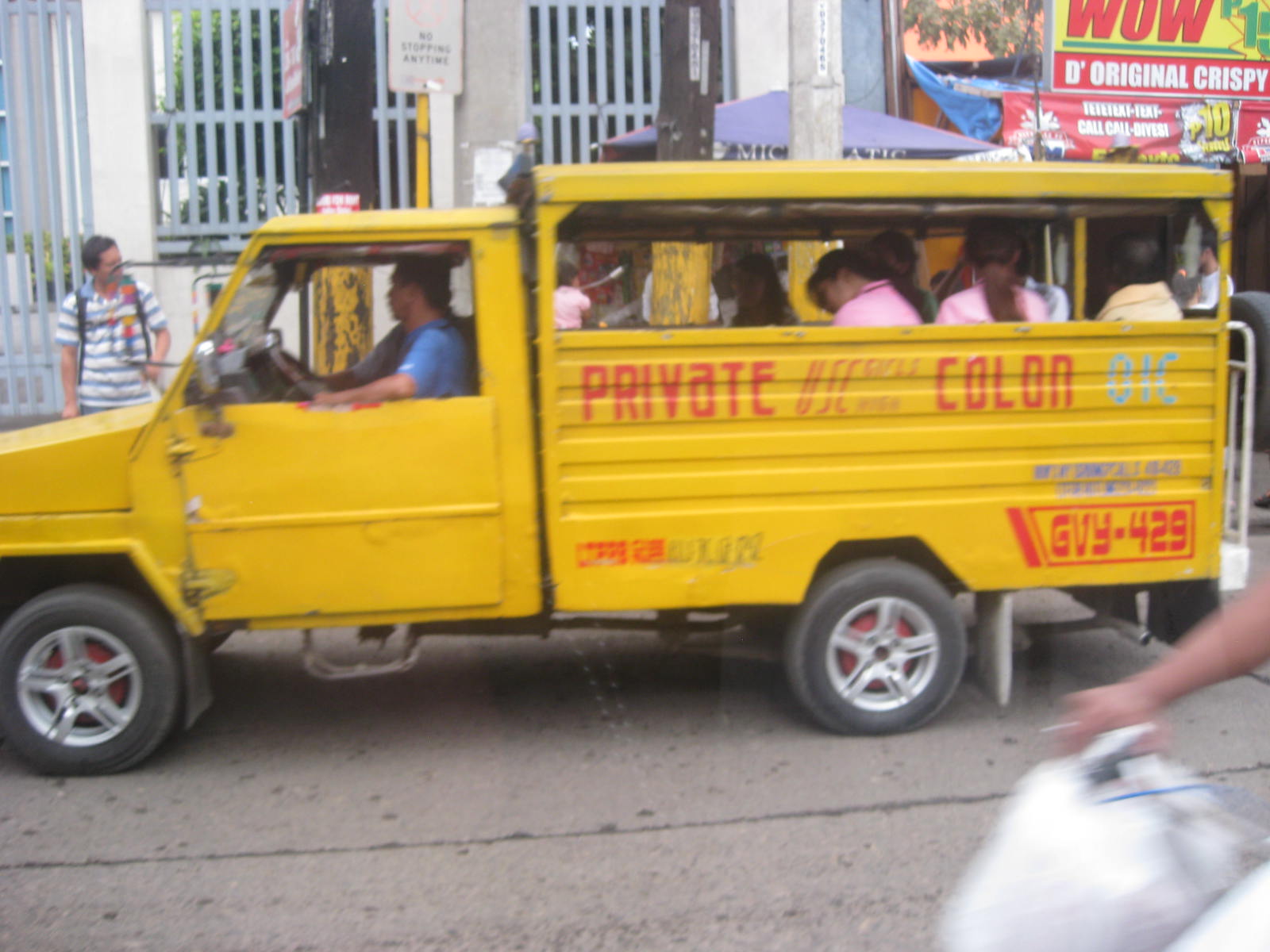
Taxis might be taxis the world over but in the Philippines, they’re slightly different. Well, more than slightly, actually, they’re colourful, rather fun looking and called jeepneys. Maybe they’re the Philippine alternative to our people carriers; I wouldn’t mind hopping into one of these whenever I needed to get somewhere. Well, actually, as a London-based vehicle tracking company that specialises in GPS systems, AutoAlert has just won a major new contract with the World Bank on behalf of the Philippine government in Cebu to improve jeepney (taxi) scheduling. So, who knows, maybe I will get to ride around in one of these. Maybe I could bring the idea back home and get the local councils interested.
AutoAlert Ltd put forward a tender to the World Bank to develop a system to improve the taxi scheduling and monitoring in the Island of Cebu – and yes, we faced down some tough competition. To my delight, the award-winning technology we have developed convinced the powers that be, we won the contract and have been given the go ahead by the World Bank and Philippine government. It’s great news and the project is on schedule, all going well.
The project aim is to prove a proof-of-concept for the use of emerging ICT applications such as crowd-sourcing, open-mapping, alternative uses for mobile phones. AutoAlert is required to work on the mobile phone side of operations, collecting location data from jeepney drivers.
This can be used to collect traffic and transit data, plan and manage local transport services for taxi and public transit companies. It can also provide a platform for public participation in the transport system and network development. So far, so good.
The Philippines has 89 million people and is the fastest urbanizing country in East Asia which, as you can imagine, has significant implications for transport planning and management,economic, safety and environmental factors. If you think our potholes in the UK are anything to grumble about well, the quality of the roads out there is worse. This has resulted in higher transport costs, accident rates and fuel inefficiency. So hopefully we can improve things for them because the information technology tools needed to ensure accurate, consistently updated data for road asset and transport system management are simply not there at present.
This lack of objective data means city planners cannot implement efficient data-driven policy and investment planning. It’ll certainly be interesting to see the positive outcome of this project.
Jeepneys, you see, aren’t exactly the equivalent of our taxis. They offer an essential service as the backbone of the public transport network, often comprising more than 50% of the traffic flow. Their behaviour therefore significantly impacts the capacity and safety of roads. So you can see it’s quite an important project and one we’re really proud to be involved with.
Happy to hear your comments.